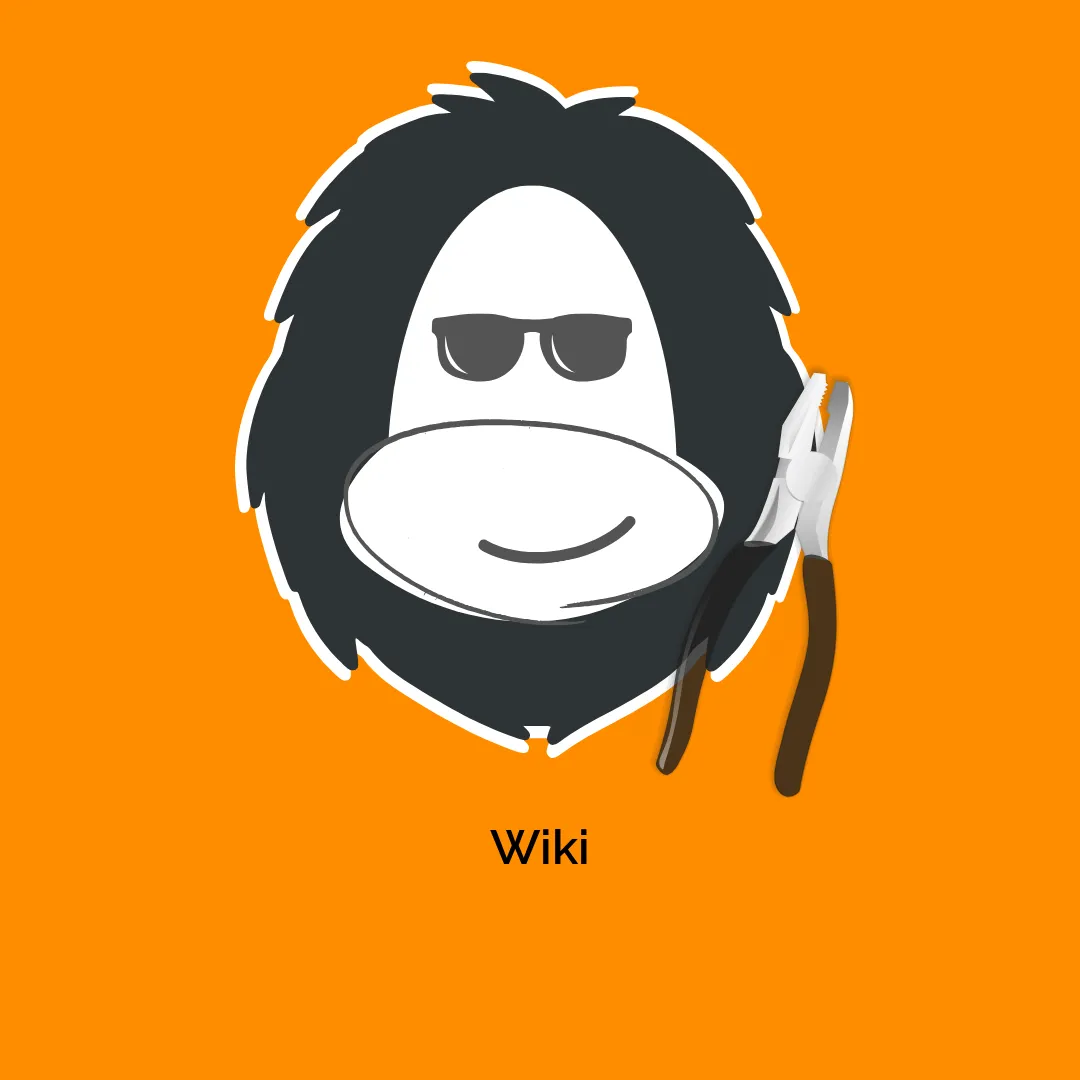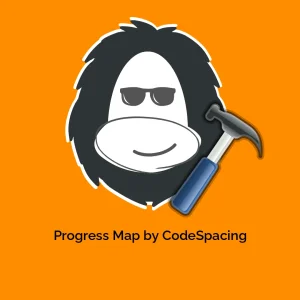Transform Your Website into a Dynamic Wiki
Creating an accessible and user-friendly wiki on your website can revolutionize the way users interact with your content. A well-structured wiki serves as a collaborative space where users can share knowledge, tips, and discussions on various subjects while boosting engagement and enhancing the overall user experience.
Development
A “Wiki” is a website or web page that allows users to add, modify, or delete content in a collaborative manner, making it a dynamic repository of information. Here’s how to establish your very own Wiki that fits seamlessly into your WordPress site, along with insights regarding its functionality, usage, and best practices.
Understanding What a Wiki Is
The term “Wiki” originates from the Hawaiian word for “quick.” At its core, a wiki is designed for easy editing and collaboration. Famous examples include Wikipedia, a global encyclopedia created by user contributions, and Wikihow, a collaborative platform for how-to guides. These platforms exemplify how community engagement can lead to a vast reservoir of knowledge, drawing on the input of individuals across the globe.
Key Features of a Wiki
-
Collaborative Environment: Wikis encourage user-generated content. By allowing users to contribute and edit, wikis become living documents that reflect collective knowledge and expertise.
-
Ease of Use: Most wiki platforms feature user-friendly editing tools, often resembling word processors that enable users to add or modify content without needing extensive technical skills.
-
Version Control: Many wikis maintain a history of changes, allowing users to track edits, revert to previous versions, or understand the evolution of a page over time.
-
Access Control: You can manage who can edit the content. For instance, some wikis allow public editing, while others restrict it to registered users, maintaining a balance between openness and security.
Setting Up Your Own Wiki with WordPress
With the help of a specialized plugin, transforming your WordPress site into a fully functional Wiki becomes remarkably straightforward. Here’s how to get started:
1. Install a Wiki Plugin
There are multiple plugins available for WordPress that can convert your site into a wiki. Look for one that suits your specific needs while considering factors such as:
-
Multisite Compatibility: If you’re managing multiple sites, a plugin that supports multisite installations allows the creation of various independent wikis under one WordPress network.
-
User Permissions: Opt for a plugin that provides flexibility regarding editing permissions. This ensures you can allow certain users or groups to contribute to the content while keeping other parts secure from unwanted edits.
2. User Roles and Permissions
Assigning different roles to users is crucial to maintaining an orderly wiki environment. Consider the following roles:
-
Admin Users: Complete control over all content, settings, and permissions.
-
Contributors: Users who can edit existing content or create new pages, based on their assigned capability.
-
Viewers: Users who can read the content but cannot make modifications. This role is perfect for guests who may not require editing privileges.
3. Creating and Managing Content
Once the plugin is installed, you can start generating wiki pages. Here are some effective practices to ensure the content remains structured and easy to navigate:
-
Organize Content: Use categories and tags to effectively group related articles. This will aid users in finding information quickly.
-
WYSIWYG Editor: Take advantage of the built-in WYSIWYG (What You See Is What You Get) editor for formatting text, inserting links, and adding images easily.
-
Utilize Templates: Consider creating templates for common pages. For example, if you have frequent how-to entries, a consistent format will make editing easier for contributors.
Engaging Users Through Your Wiki
Creating a wiki isn’t just about providing a space for sharing knowledge; it’s also about fostering an engaged community. Here’s how to draw users into contributing to your wiki:
1. Encourage Contributions
Promote your wiki across social media and your website. Regularly encourage users to share their knowledge, raise questions, and edit existing postings to ensure that the content stays fresh and relevant.
2. Create Incentives
Consider establishing a reward system for contributions. Whether it’s recognition on your site, badges, or other gamification strategies, make it appealing for individuals to get involved.
3. Moderation and Quality Control
To maintain the integrity of your wiki, establish guidelines for editing and contributions. Having a moderation system ensures that information stays accurate and that disruptive edits can be filtered out.
Best Practices for Maintaining a Successful Wiki
-
Keep Content Updated: Regularly review wiki entries to ensure information is current. Encourage users to flag outdated content so that it can be revised accordingly.
-
Moderate Content: Implement content moderation practices to avoid misinformation or vandalism. Regular backups and checkpoints can help manage any unwanted changes.
-
Feedback Mechanism: Consider integrating a feedback system where users can submit suggestions for new topics or improvements to existing pages. This opens the lines of communication and fosters a collaborative environment.
-
Promote Collaboration: Initiating projects or topics where users can work together can enhance community spirit. Hosting contests or collaborative editing days can drive better engagement.
-
Analytics Tracking: Utilize analytics tools to track user engagement and popular content. Understanding which topics attract the most interest can guide future content creation.
As you progress, keep in mind that an effective wiki embodies continuous improvement and adaptability. Inviting users to actively participate ensures the content remains relevant and engaging. With a strong foundation laid through active community engagement and strategic content management, your new Wiki can flourish, becoming an invaluable source of information tailored by users for users.
In conclusion, transforming your WordPress site into a powerful Wiki platform creates an engaging, collaborative space for your users to interact and contribute. By leveraging user-generated content, maintaining active engagement, and ensuring ease of access, you can turn your website into a thriving hub of knowledge. With dedication and commitment, your Wiki can evolve into a go-to resource for all who seek information on your chosen subjects.
Download Wiki Plugins for free
Here you have it, downloading Wiki for Free on OrangoGPL is possible and totally within the law.
Moreover, even downloading a cracked Wiki is law-abiding, as the license it is distributed under is the General Public License, and this license permits the user its free modification.
Thus, you can be at ease: If you are looking to buy Wiki cheaply or, directly, to download Wiki Plugins nulled and, so, have it completely free,, you can do that legally.
Wiki GPL: The only choice for entrepreneurs at the start of their journey
We don’t care what you call it: Buying Wiki on resale, download Wiki Plugins GPL, download Wiki without license or download Wiki nulled.
It is absolutely within the law and something essential for every startup entrepreneur.





Reviews
There are no reviews yet.